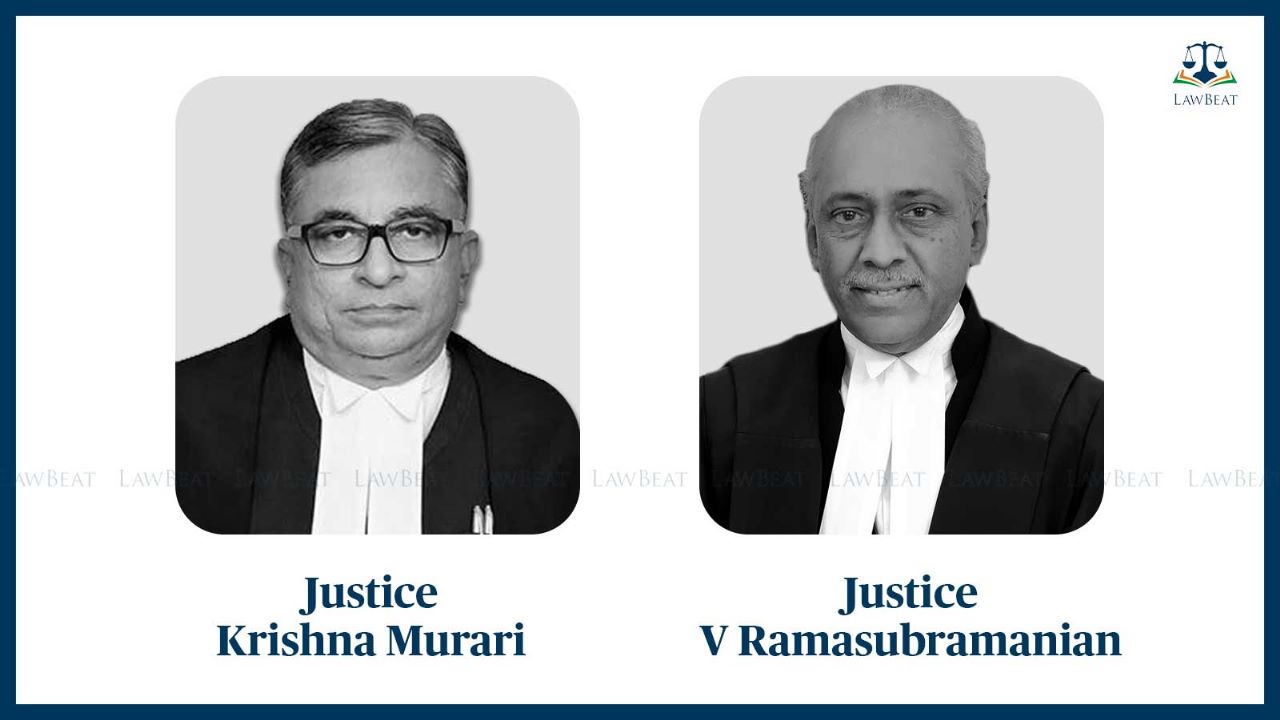Conviction u/S 138 NI Act cannot be confirmed if parties agreed to compound offence: SC

"This is a very clear case of the parties entering into an agreement and compounding the offence to save themselves from the process of litigation. When such a step has been taken by the parties, and the law very clearly allows them to do the same, the high court then cannot override such compounding and impose its will", the Supreme Court held while setting aside the conviction.
The Supreme Court has recently held that a conviction under Section 138 of the Negotiable Instruments Act, 1881 cannot be sustained if there exists a settlement for compounding of the offence between the concerned parties.
Court made these observations while setting aside the conviction by the trial court of accused persons who under the guise of making investments had taken money and made wrongful gain for their profits.
A bench of Justices Krishna Murari and V Ramasubramanian noted that while a revision was preferred by the accused in the high court, the parties entered into a Memorandum of Understanding to settle the dispute within themselves.
Clause 8 of the Memorandum Of Understanding stated that the dispute was to be settled amicably, and in the event of the dispute still not being amicably resolved, it must be first referred to a sole Arbitrator.
It was further noted that as per the terms of the agreement, the aggrieved party was bound to file a compromise petition before the High Court, however the parties failed to do so.
"In our view, the terms and conditions of the settlement entered into by the parties binds them to settle the dispute amicably, or through an arbitration as has been stated in clause 8 of the Memorandum Of Understanding.... In such a circumstance, the Appellants cannot be convicted on the basis of the orders passed by the courts below, as the settlement is nothing but a compounding of the offence...", the Supreme Court held.
Court further relied on M/S Meters and Instruments Private Limited & Anr. Vs Kanchan Mehta, wherein it was held that the nature of offence under section 138 of the N.I Act is primarily related to a civil wrong and has been specifically made a compoundable offence.
Thus, while noting that the aggrieved party was duty bound to file a compromise petition before the high court, and by not doing the same it had withdrawn key information from the high court, which led to an unwarranted confirmation of the conviction, the Top Court allowed the appeals and set aside the said conviction.
Case Title: B V SESHAIAH vs. THE STATE OF TELANGANA & ANR
